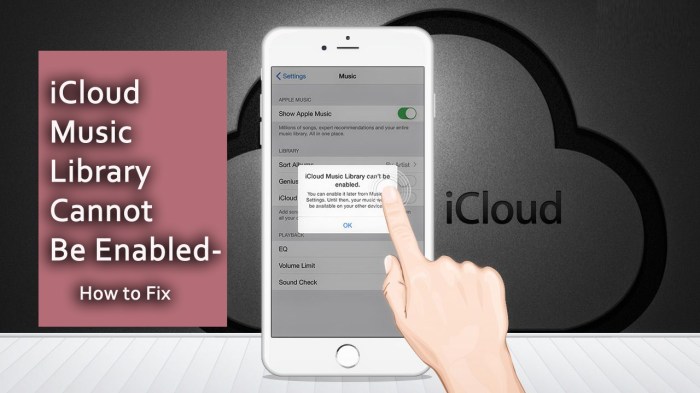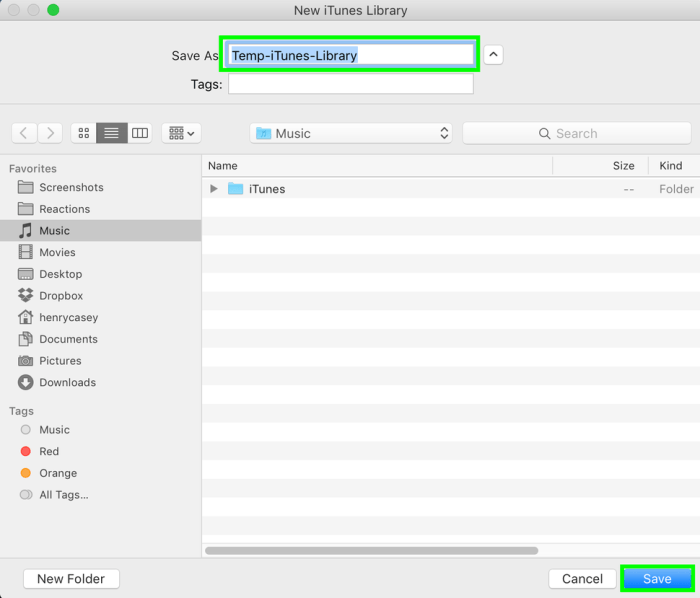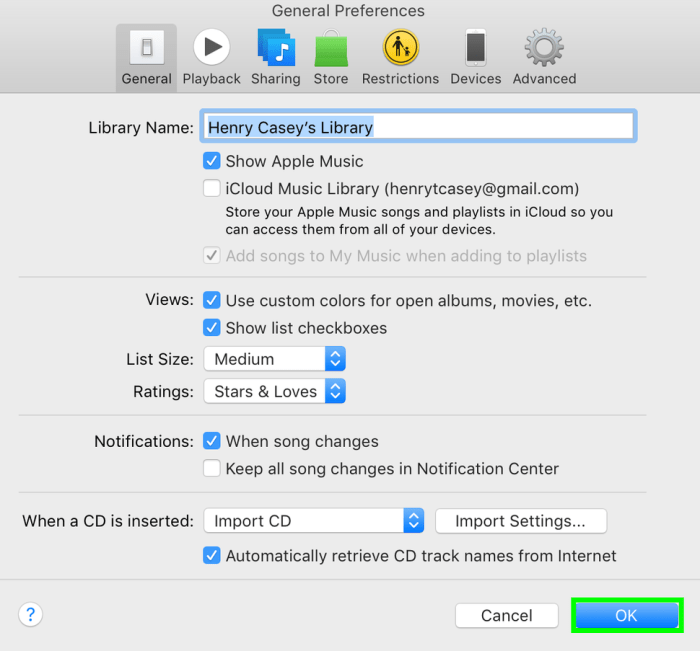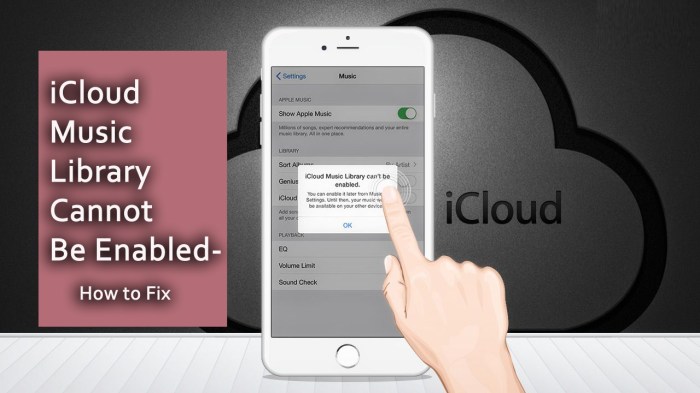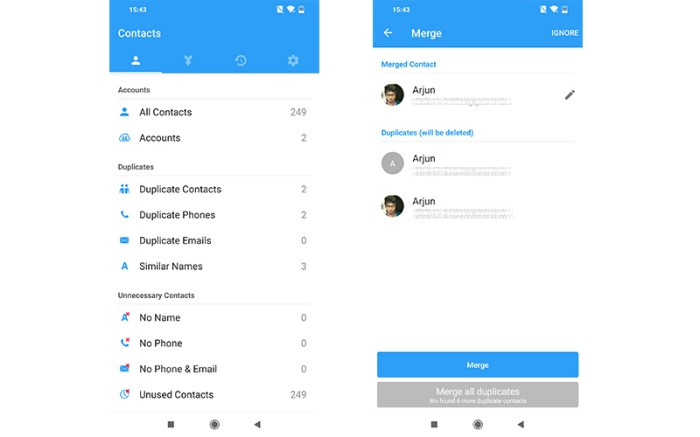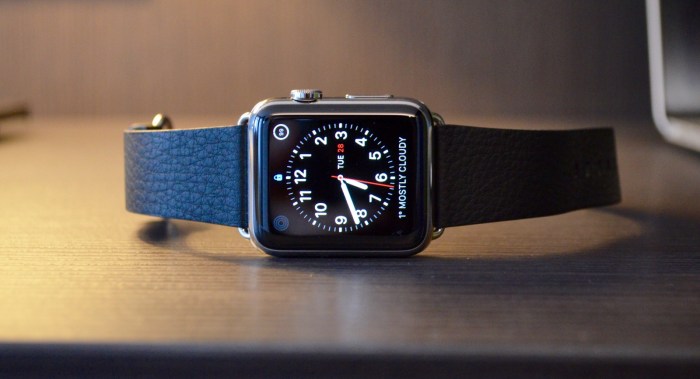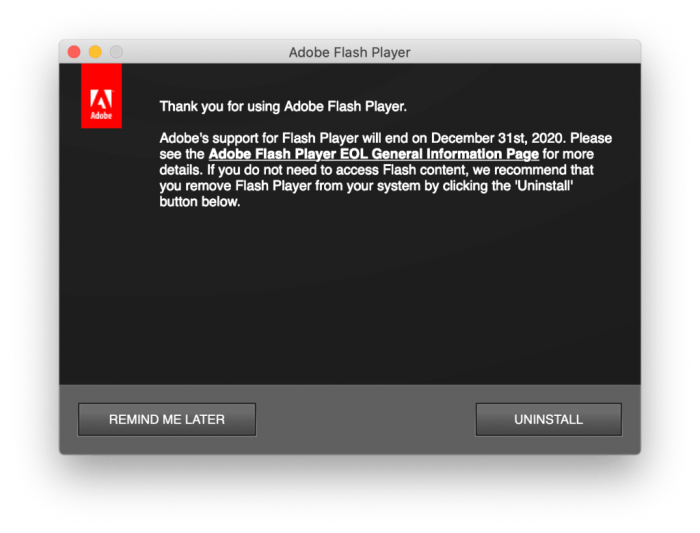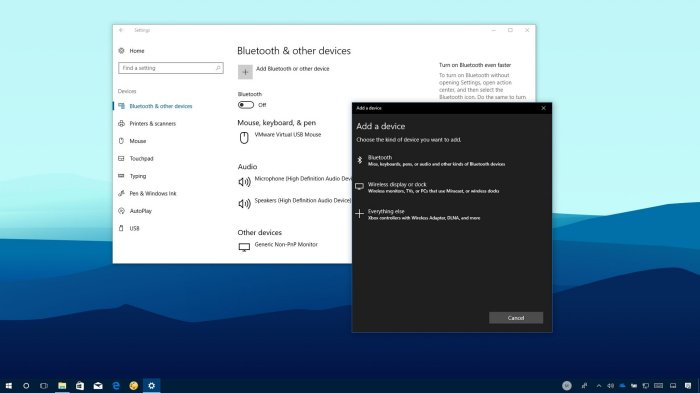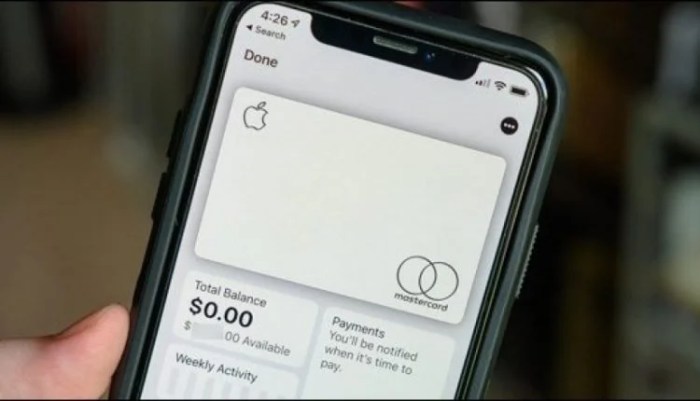Did Icloud Music Library Break Your Collection? Here’S A Fix
Did iCloud Music Library break your collection? Here’s a fix. You know that feeling when you open your music library and realize your carefully curated playlist has vanished, or your favorite albums are missing? That’s the kind of frustration iCloud Music Library can bring.
It’s supposed to be a seamless way to sync your music across all your Apple devices, but sometimes things go wrong. Maybe you’re missing songs, seeing duplicates, or dealing with incorrect metadata. It’s a bummer, but don’t worry, there are solutions.
This guide will walk you through common iCloud Music Library issues, troubleshooting steps, and even some alternative solutions. We’ll also cover prevention tips to keep your music library healthy and happy. So grab your headphones, and let’s dive in!
iCloud Music Library: A Breakdown of Potential Issues and Fixes: Did ICloud Music Library Break Your Collection? Here’s A Fix
iCloud Music Library is a fantastic feature offered by Apple that lets you access your entire music library across all your Apple devices. It seamlessly syncs your music, playlists, and even your listening history, allowing you to enjoy your tunes wherever you go.
However, like any technology, iCloud Music Library isn’t without its hiccups. Users have reported various issues with iCloud Music Library, ranging from songs disappearing to playlists becoming scrambled. While Apple has been diligently addressing these problems, it’s important to understand the potential pitfalls and how to troubleshoot them.
Common iCloud Music Library Issues
- Missing Songs:One of the most frustrating issues is when songs suddenly vanish from your library. This can happen for several reasons, including:
- Incorrectly matched tracks:iCloud Music Library tries to match your locally stored music with its vast catalog. Sometimes, it might misidentify a track, resulting in a different version or even a completely different song appearing in your library.
- Music files corrupted:Corrupted music files can also cause issues with iCloud Music Library. This can happen due to errors during file transfer or storage.
- Limited storage space:If your iCloud storage is full, it might prevent iCloud Music Library from properly syncing your music.
- Playlist Issues:Playlists can become jumbled, with songs appearing out of order or even missing entirely. This might occur due to:
- Synchronization errors:Sometimes, synchronization between your devices and iCloud Music Library can go awry, leading to playlist inconsistencies.
- Changes made on different devices:If you edit a playlist on one device and then make changes on another, conflicts can arise, causing the playlist to become disorganized.
- Slow Syncing:It’s common to experience slow syncing, especially if you have a large music library. This can be attributed to:
- Network connection issues:A weak or unstable internet connection can hinder the syncing process.
- Large file sizes:Syncing a vast collection of high-quality music files can take a considerable amount of time.
Common iCloud Music Library Issues
iCloud Music Library is a powerful tool for managing your music collection across multiple devices, but it can sometimes lead to frustrating problems. These issues can range from missing songs to incorrect metadata, making your music experience less enjoyable.
Understanding the common causes of these problems can help you troubleshoot and resolve them effectively.
Missing Songs
Missing songs are a common issue with iCloud Music Library. There are several reasons why songs might disappear from your library:
- Syncing Errors:Syncing errors can occur when iCloud Music Library tries to update your music library across multiple devices. This can lead to songs being deleted from your library, especially if there are conflicts between the versions of your music library on different devices.
- Network Connectivity Issues:If you have a poor internet connection, iCloud Music Library might not be able to sync your music library properly. This can lead to missing songs or incomplete updates.
- Conflicts with Other Music Services:If you use multiple music services, such as Spotify or Amazon Music, there might be conflicts between these services and iCloud Music Library. This can lead to songs being removed from your iCloud Music Library.
- Song Availability:Sometimes, songs might become unavailable in your region due to licensing restrictions or other factors. This can cause songs to disappear from your iCloud Music Library.
Duplicate Entries
Duplicate entries in your iCloud Music Library can occur due to several reasons:
- Multiple Versions of the Same Song:If you have multiple versions of the same song in your library, iCloud Music Library might create duplicate entries for each version. This can be especially common if you have imported music from different sources.
- Syncing Errors:As with missing songs, syncing errors can also lead to duplicate entries. If iCloud Music Library fails to sync properly, it might create duplicate entries for songs that are already in your library.
- Manual Duplicates:If you manually add the same song to your library multiple times, you will end up with duplicate entries. This is especially common when importing music from external sources.
Incorrect Metadata
Incorrect metadata can lead to issues with organizing and finding your music. Common metadata problems include:
- Wrong Artist or Album Information:Incorrect artist or album information can make it difficult to find specific songs in your library. This can occur due to errors in the original music files or syncing errors.
- Missing or Incorrect Track Numbers:Missing or incorrect track numbers can disrupt the order of songs on an album. This can occur due to errors in the original music files or syncing errors.
- Incorrect Album Art:Incorrect album art can make your library look disorganized and unappealing. This can occur due to errors in the original music files or syncing errors.
Troubleshooting iCloud Music Library Issues
Here are some steps you can take to troubleshoot and resolve common iCloud Music Library issues:
- Check Your Internet Connection:Ensure that you have a stable and reliable internet connection. A poor internet connection can prevent iCloud Music Library from syncing properly.
- Restart Your Devices:Restarting your devices can sometimes resolve syncing errors and other issues.
- Sign Out and Sign Back In:Sign out of iCloud Music Library on all your devices and then sign back in. This can help to refresh the connection and resolve any issues.
- Update Your Devices:Ensure that all your devices are running the latest software updates. This can help to resolve any known bugs or issues.
- Disable and Re-enable iCloud Music Library:Disable iCloud Music Library on all your devices and then re-enable it. This can help to reset the connection and resolve any issues.
- Contact Apple Support:If you’re still having trouble, contact Apple Support for assistance. They can help you troubleshoot the issue and find a solution.
Troubleshooting Steps
You’ve done everything right, but your iCloud Music Library is still acting up. Don’t worry, we’ve got you covered! This section will guide you through troubleshooting steps to get your music back in sync.
Check Your Internet Connection
A stable internet connection is essential for iCloud Music Library to work properly. If your internet connection is slow or unstable, it can cause issues with syncing your music library. To ensure a stable connection:
- Check your internet connection speed. You can use a website like Speedtest.net to test your internet speed.
- Restart your modem and router. This can help resolve any temporary connection issues.
- Make sure you’re connected to the correct Wi-Fi network. If you’re connected to a public or unsecured network, your connection might be slow or unreliable.
Restart Your Devices
Sometimes, restarting your devices can help resolve temporary glitches that might be affecting iCloud Music Library. To restart your devices:
- Restart your iPhone, iPad, or iPod touch. To do this, press and hold the power button until the “slide to power off” slider appears. Slide the slider to power off your device. Once it’s off, press and hold the power button again to turn it back on.
- Restart your Mac. To do this, click the Apple menu in the top-left corner of your screen and select “Restart.” You can also use the keyboard shortcut Command + Option + Power.
- Restart your PC. To do this, click the “Start” button in the bottom-left corner of your screen and select “Power” > “Restart.”
Update Your Software
Outdated software can cause compatibility issues with iCloud Music Library. Make sure your devices are running the latest versions of iOS, iPadOS, macOS, or Windows.To update your software:
- On your iPhone, iPad, or iPod touch, go to Settings > General > Software Update. If an update is available, follow the onscreen instructions to download and install it.
- On your Mac, click the Apple menu in the top-left corner of your screen and select “About This Mac.” Click the “Software Update” tab to check for updates. If an update is available, follow the onscreen instructions to download and install it.
- On your PC, open the Windows Settings app (press Windows key + I). Click “Update & Security” > “Windows Update.” Click “Check for updates” to see if any updates are available. If an update is available, follow the onscreen instructions to download and install it.
Verify iCloud Music Library Settings
Make sure that iCloud Music Library is enabled on all of your devices. You also need to make sure that you’re signed in to iCloud with the same Apple ID on all of your devices.To verify your iCloud Music Library settings:
- On your iPhone, iPad, or iPod touch, go to Settings > Music. Make sure that “iCloud Music Library” is turned on.
- On your Mac, open the Music app. Click “Music” in the menu bar and select “Preferences.” Click the “General” tab and make sure that “iCloud Music Library” is checked. You’ll also need to make sure that you’re signed in to iCloud with the same Apple ID on your Mac.
- On your PC, open the iTunes app. Click “Edit” in the menu bar and select “Preferences.” Click the “General” tab and make sure that “iCloud Music Library” is checked. You’ll also need to make sure that you’re signed in to iCloud with the same Apple ID on your PC.
Sign Out and Sign Back In to iCloud
Sometimes, signing out of iCloud and then signing back in can help resolve issues with iCloud Music Library.To sign out of iCloud:
- On your iPhone, iPad, or iPod touch, go to Settings > [Your Name] > Sign Out. You’ll be asked to enter your Apple ID password. Follow the onscreen instructions to sign out of iCloud.
- On your Mac, click the Apple menu in the top-left corner of your screen and select “System Preferences.” Click “Apple ID” and then click “Sign Out.” You’ll be asked to enter your Apple ID password. Follow the onscreen instructions to sign out of iCloud.
- On your PC, open the iTunes app. Click “Account” in the menu bar and select “Sign Out.” You’ll be asked to enter your Apple ID password. Follow the onscreen instructions to sign out of iCloud.
Once you’ve signed out of iCloud, restart your devices. Then, sign back in to iCloud with the same Apple ID on all of your devices.
Turn Off and Turn On iCloud Music Library
If you’ve tried all of the troubleshooting steps above and you’re still having issues with iCloud Music Library, you can try turning it off and then turning it back on.To turn off iCloud Music Library:
- On your iPhone, iPad, or iPod touch, go to Settings > Music. Turn off “iCloud Music Library.”
- On your Mac, open the Music app. Click “Music” in the menu bar and select “Preferences.” Click the “General” tab and uncheck “iCloud Music Library.”
- On your PC, open the iTunes app. Click “Edit” in the menu bar and select “Preferences.” Click the “General” tab and uncheck “iCloud Music Library.”
Once you’ve turned off iCloud Music Library, restart your devices. Then, turn iCloud Music Library back on.
Contact Apple Support
If you’ve tried all of the troubleshooting steps above and you’re still having issues with iCloud Music Library, you can contact Apple Support for help.To contact Apple Support:
- Visit the Apple Support website: https://support.apple.com/
- Call Apple Support: 1-800-275-2273
- Use Apple’s online chat support: https://getsupport.apple.com/
Alternative Solutions
If you’ve tried all the troubleshooting steps and iCloud Music Library still isn’t working for you, don’t despair! There are alternative solutions that can help you manage your music collection.These solutions offer different ways to access and organize your music, but they come with their own advantages and disadvantages.
Let’s explore some of the most popular options.
Third-Party Music Management Software
Third-party music management software provides an alternative to iCloud Music Library, allowing you to manage your music collection independently. These programs typically offer features like:
- Importing and Organizing Music:Import music from various sources, organize it into playlists, and manage metadata (artist, album, genre, etc.).
- Syncing Music Across Devices:Synchronize your music library across multiple devices, ensuring your playlists and music are accessible on all your computers, smartphones, and tablets.
- Ripping CDs:Extract audio from CDs and convert them to digital formats.
- Advanced Music Editing:Edit metadata, trim tracks, and apply audio effects.
Some popular third-party music management software includes:
- iTunes:While primarily known for Apple devices, iTunes offers robust music management capabilities and is a viable option for managing music across platforms.
- MusicBee:A powerful and feature-rich music player and manager with advanced features like tag editing, gapless playback, and support for various audio formats.
- foobar2000:A highly customizable music player and manager with a vast plugin ecosystem, offering advanced features for audiophiles.
Advantages:
- Greater Control:You have full control over your music library, including metadata, organization, and playback settings.
- Offline Access:Access your entire music library even without an internet connection.
- Advanced Features:Many programs offer advanced features like audio editing, lossless audio support, and gapless playback.
Disadvantages:
- Learning Curve:Some software can have a steep learning curve, requiring time to master its features.
- Manual Management:You’re responsible for manually managing your music library, including syncing and updating across devices.
- Limited Cloud Integration:Cloud integration may be limited compared to iCloud Music Library, requiring additional cloud storage solutions.
Prevention Tips
Preventing iCloud Music Library issues is all about proactive maintenance and a bit of organization. By taking these steps, you can keep your music library healthy, avoid storage problems, and ensure smooth sailing with your Apple Music experience.
Maintaining a Healthy Music Library
- Regularly check for duplicates:Duplicates can bloat your library and cause syncing issues. Use tools like “Duplicate Music Finder” or “TuneUp” to identify and remove them. This can be a huge time saver, especially if you have a large music collection.
- Organize your music by genre, artist, or album:This helps with navigation and makes it easier to find the music you want. You can create custom playlists for different moods or occasions. A well-organized library can make a big difference in how you experience your music.
- Avoid adding unnecessary files:If you’re not sure you’ll use a song, don’t add it to your library. Only include music you genuinely enjoy and plan to listen to regularly. This keeps your library clean and focused on what you actually want to hear.
Ugh, iCloud Music Library messing with your tunes again? Don’t sweat it, there’s a fix! If you’re tired of manually managing your music, you should totally check out How to use Apple’s new Shortcuts app. It can automate a ton of stuff, like organizing your music library, and maybe even help you get back on track with your tunes after that iCloud Music Library meltdown.
Managing Storage Space
- Monitor your iCloud storage:iCloud Music Library uses your iCloud storage to store your music library. Keep an eye on your storage usage to avoid running out of space. You can upgrade your iCloud storage plan if needed. You might need to adjust your storage plan based on the size of your music library and other iCloud data.
- Delete unwanted music:If you’re not using a song anymore, delete it from your library. This frees up space and helps with syncing. This can be a great way to make room for new music or other files.
- Consider using Apple Music:Apple Music offers a massive catalog of music and allows you to stream songs without taking up storage space on your devices. It’s a great option if you’re concerned about storage space. It’s also a great way to discover new music and expand your musical horizons.
Keeping Software Up-to-Date
- Update your iOS/macOS:Apple releases software updates to fix bugs and improve performance. Make sure your devices are running the latest software versions to avoid potential iCloud Music Library issues. Software updates are essential for maintaining a stable and secure environment for your devices.
- Update iTunes/Apple Music:Similar to your operating system, iTunes and Apple Music also get updates. Ensure you’re using the latest versions to benefit from bug fixes and performance improvements. This is crucial for optimal compatibility with iCloud Music Library and other Apple Music features.
Apple Support Resources
If you’ve exhausted all troubleshooting steps and still face issues with iCloud Music Library, it’s time to reach out to Apple support for assistance. Apple offers a variety of resources to help you resolve iCloud Music Library problems. Here’s a breakdown of the resources available and how to contact Apple support for specific issues:
Apple Support Website
Apple’s support website provides a wealth of information and troubleshooting guides for various Apple products and services, including iCloud Music Library. You can find articles, FAQs, and step-by-step instructions to resolve common issues. Here’s how to access relevant resources on the Apple Support website:
- Visit the Apple Support website: [https://support.apple.com/](https://support.apple.com/)
- Use the search bar to search for “iCloud Music Library” or specific issues you’re facing.
- Browse through the available articles and FAQs for solutions and troubleshooting steps.
Apple Support Communities
Apple Support Communities is a forum where you can connect with other Apple users and seek assistance from Apple experts. You can post questions, share experiences, and find solutions to iCloud Music Library issues.Here’s how to access the Apple Support Communities:
- Visit the Apple Support Communities website: [https://discussions.apple.com/](https://discussions.apple.com/)
- Select the “Music” category from the list of forums.
- Post your question or search for existing threads related to iCloud Music Library issues.
Contact Apple Support
If you’re unable to find a solution through online resources, you can contact Apple support directly for personalized assistance. Apple offers various contact methods, including phone, chat, and email.Here’s how to contact Apple support:
- Visit the Apple Support website: [https://support.apple.com/](https://support.apple.com/)
- Click on “Contact Us” at the bottom of the page.
- Select the relevant product category (e.g., Music) and describe your issue.
- Choose your preferred contact method: phone, chat, or email.
When contacting Apple support, be prepared to provide details about your issue, including the specific iCloud Music Library problems you’re experiencing, the steps you’ve already taken to troubleshoot, and your device model and operating system version.
User Feedback and Experiences
Navigating the world of iCloud Music Library can be a mixed bag, with users encountering both triumphs and tribulations. This section delves into the real-world experiences of users, showcasing the diverse range of outcomes they’ve encountered while using iCloud Music Library.
Real-World Experiences with iCloud Music Library, Did iCloud Music Library break your collection? Here’s a fix
The experiences of users with iCloud Music Library are as varied as the users themselves. Some have found it to be a seamless and transformative way to manage their music collections, while others have encountered roadblocks and frustrations.
“I’ve been using iCloud Music Library for years, and it’s been a game-changer. I can access my entire music library on all my devices, and it’s always up-to-date. It’s been incredibly reliable for me.”
Sarah, long-time Apple Music user.
“I had a terrible experience with iCloud Music Library. It completely messed up my music library, and I lost a lot of my music. I spent hours trying to fix it, but I ended up having to restore my library from a backup. It was a nightmare.”
David, frustrated Apple Music user.
“I’m happy with iCloud Music Library for the most part. It’s great to have my music available across all my devices, but I’ve had a few issues with it syncing properly. It’s not a deal-breaker, but it can be frustrating at times.”
So your iCloud Music Library is acting up and you’re stuck with a jumbled mess of your tunes? Don’t stress, there are ways to fix it. While you’re figuring that out, why not make your iPhone more useful?
You can Swap your iPhone Lock Screen buttons for something more useful in iOS 18 and customize it to your liking. Once you’ve got your lock screen sorted, you can dive back into fixing your music library. It’ll feel like a fresh start.
Emily, Apple Music user with mixed experiences.
- Positive Experiences:Some users have reported positive experiences with iCloud Music Library, praising its ability to seamlessly sync their music libraries across multiple devices. They appreciate the convenience and accessibility it provides, enabling them to access their music anytime and anywhere.
- Negative Experiences:Others have encountered challenges, reporting issues such as library corruption, missing tracks, and syncing problems. These issues can be frustrating, especially for users who rely heavily on their music libraries.
- Mixed Experiences:A significant portion of users have experienced both positive and negative aspects of iCloud Music Library. While they acknowledge the convenience it offers, they also encounter occasional glitches and syncing issues.
Future Outlook
iCloud Music Library has come a long way, but it still has room for improvement. Apple is constantly updating its services, and iCloud Music Library is no exception. The future holds exciting possibilities for this feature, and we can expect to see significant enhancements in the coming years.
Potential Improvements and Features
Apple could introduce several features to enhance the user experience of iCloud Music Library. These include:
- Improved Offline Playback: Apple could improve the offline playback experience by allowing users to download entire albums or playlists with a single click, similar to how Spotify and other music streaming services handle offline content. This would make it easier for users to access their music library when they are offline, without having to manually select each song or album.
So, your iCloud Music Library went haywire and you’re drowning in a sea of misplaced tunes? Don’t worry, you’re not alone. While you’re sorting that mess out, check out How to install iOS 8’s most wicked widgets for some cool customization tips.
You’ll be rocking out to your favorite music in no time, and your phone will look killer too.
- Enhanced Metadata Management: Apple could allow users to edit metadata, such as album art, track titles, and artist names, directly within iCloud Music Library. This would give users more control over their music library and ensure that all of their music information is accurate and consistent.
- AI-Powered Recommendations: Apple could leverage its AI capabilities to provide personalized music recommendations based on user listening habits and preferences. This could include features such as “Discover Weekly” playlists, which are curated by AI algorithms to introduce users to new music they might enjoy.
- Enhanced Integration with Other Apple Services: Apple could integrate iCloud Music Library more seamlessly with other Apple services, such as Siri, Apple Watch, and HomePod. This would allow users to control their music library using voice commands or through other Apple devices, making it more convenient to access and manage their music.
Conclusion
Navigating the intricacies of iCloud Music Library can be challenging, but armed with the right information and troubleshooting techniques, you can overcome most obstacles. This guide has provided a comprehensive overview of common iCloud Music Library issues, effective troubleshooting steps, alternative solutions, and prevention tips.
Understanding the potential pitfalls and having a proactive approach can significantly reduce the likelihood of encountering problems in the first place. Remember, Apple offers a wealth of support resources, and the active user community can be a valuable source of insights and solutions.
Sharing Experiences
Sharing your experiences with iCloud Music Library can help others avoid similar pitfalls and contribute to a collective understanding of the service’s strengths and weaknesses.
Epilogue
Remember, iCloud Music Library is a powerful tool for music lovers, but it’s not perfect. If you’re experiencing issues, don’t despair! With a little troubleshooting and maybe a few tweaks to your settings, you can get your music library back in tip-top shape.
And if you’re still stuck, don’t hesitate to reach out to Apple support for help. In the end, the goal is to enjoy your music without the stress of technical glitches. So crank up the volume and keep the music playing!
Expert Answers
What if I’m missing songs from my library?
There are a few reasons why songs might be missing. It could be a syncing issue, a problem with your internet connection, or even a conflict with another music service. The first step is to check your iCloud Music Library settings and make sure everything is synced correctly.
If that doesn’t work, try restarting your devices and updating your software. If you’re still missing songs, you may need to contact Apple support for help.
How do I fix duplicate entries in my music library?
Duplicate entries can be a real pain. The good news is that iCloud Music Library usually handles duplicates automatically. However, if you’re still seeing them, you can try manually merging or deleting them. You can also check your iCloud Music Library settings to make sure that duplicates aren’t being created in the first place.
What are some alternative solutions if iCloud Music Library isn’t working?
If you’re having persistent problems with iCloud Music Library, you might want to consider using a third-party music management software like iTunes or a streaming service like Spotify. These options can provide more control over your music library and may be more reliable in some cases.

